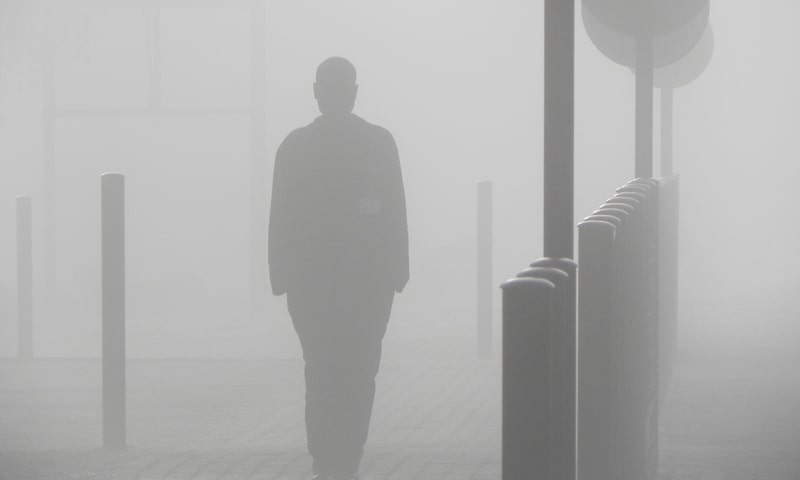Under Utah law, stalking is considered a criminal offense. There are two ways that a person may be found guilty of this crime.
First, a person may be found guilty of stalking if they “intentionally or knowingly engages in a course of conduct directed at a specific person and knows or should know that the course of conduct would cause a reasonable person: (a) to fear for the person’s own safety or the safety of a third person; or (b) to suffer other emotional distress.” (See Utah Code Section 76-5-106.5(2)). This definition can encompass a wide variety of behavior. The law defines “emotional distress” as “significant mental or psychological suffering, whether or not medical or other professional treatment or counseling is required.” (See Utah Code 76-5-106.5(1)(d)).
Second, a person may be found guilty if they “intentionally or knowingly violate: (a) a stalking injunction; or (b) a permanent criminal stalking injunction.” (See Utah Code Section 76-5-106.5(3)). A stalking injunction is a civil order that can be requested by any person who believes that they are the victim of stalking. Under Utah law 77-3a-101, when a person can show the requirements listed above in the first paragraph, then they can petition a court for a civil stalking injunction. If the court chooses to issue a stalking injunction after conducting a hearing where both parties can present evidence, then the “respondent” (the person against whom the injunction is issued) must follow all of the requirements included in the order. If the respondent violates any of the conditions of the order, then they can be convicted of criminal stalking under the “violation of a stalking injunction” provision. A permanent injunction is issued whenever a person is convicted as defined in the first paragraph of this article.
The criminal penalties for this crime can be very serious. If the person is convicted of stalking for the first time, the crime is considered a Class A Misdemeanor, which carries with it a possible penalty of jail time up to one year and/or a fine up to $2,500. (See Utah Code 76-5-106.5(6)). However, if the person has previously been convicted of stalking, or if the stalking is a violation of a permanent stalking injunction, then the crime is considered a Third Degree Felony, which carries with it a possible penalty of prison time up to five years and/or a fine of up to $5,000. (See Utah Code 76-5-106.5(7)). Finally, if the person uses a dangerous weapon to commit the stalking, the crime is considered a Second Degree Felony, which carries with it a possible penalty of prison time up to 15 years and/or a fine of up to $10,000. (See Utah Code 76-5-106.5(8)).
Due to the serious penalties, you could be facing if charged with this crime, it is important to get an attorney who will represent you throughout the case.





Leave A Comment